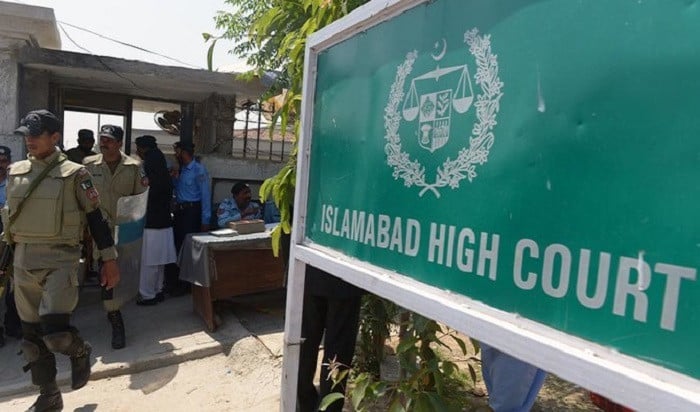ISLAMABAD:The clash between the judiciary and security establishment has further intensified as the Islamabad High Court has summoned a serving military officer – the sector commander of the central Inter-Services Intelligence (ISI) Islamabad — in the case of the missing poet Ahmed Farhad Shah.
Usually, the superior courts avoid summoning serving military officers in any matter with some exceptions.
Former additional attorney general Tariq Mahmood Khokhar recalled that a serving military officer was summoned in the apex court bench led by Justice Qazi Faez Isa in the Anti-Narcotics Force (ANF) case.
“Justice Isa had directed two successive ANF director generals, both serving major generals, to appear before him in the Supreme Court.”
He continued that a Lahore High Court judge had also summoned a serving army officer in a missing person case.“Justice WaqasRauf Mirza had directed a judge advocate general, a serving brigadier, to appear before him in the Lahore High Court, Rawalpindi Bench.”
It is an open secret that there is a visible change in the approach of IHC judges towards the security establishment after six of them wrote a letter to the Supreme Judicial Council (SJC) seeking guidance regarding the “interference” of the intelligence apparatus in their functions.
Instead of giving them guidance, Chief Justice of Pakistan Isa referred the matter to the executive for an inquiry.
When former CJP Tassaduq Hussain Jillani recused himself from leading an inquiry commission, a three-judge committee of the SC, led by Justice Isa, was compelled to take suomotu notice of the matter.
During the hearing of the case, CJP Isa justified his actions after six IHC judges penned the letter. However, he refrained from making any observation that would back the IHC judges’ concerns.
In fact, on one occasion during the hearing, he even asked why the IHC had not issued a contempt notice to those interfering in judicial functions.
Although the suomotu case is still pending, the IHC judges have unanimously resolved to give an institutional response to the agencies’ interference in their judicial affairs.This development is being witnessed in every bench of the IHC.


